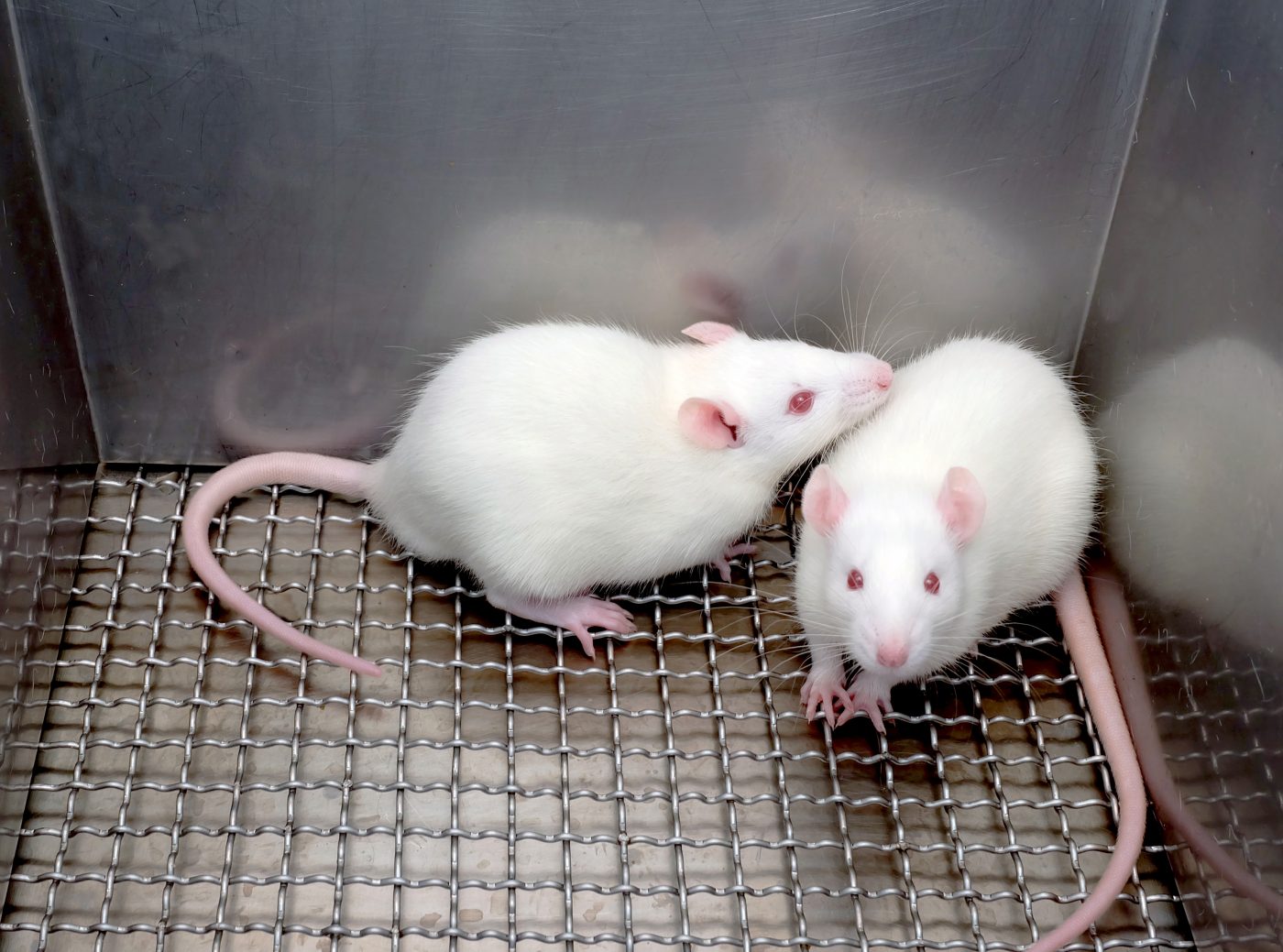Huntington’s Disease-causing Gene Safely Deleted from Brains of Adult Mice

Emory University researchers deleted the Huntington’s disease-causing protein, huntingtin, in the brains of adult mice, and observed that such deletion was safe in adults though not in relatively newborn mice. The study, “Ablation of huntingtin in adult neurons is nondeleterious but its depletion in young mice causes acute pancreatitis” and published in PNAS, appears to present a new therapeutic strategy to treating the disease.
Huntington’s disease, a neurodegenerative and debilitating condition, is caused by a known genetic mutation, the CAG repeat (polyglutamine) expansion, in the huntingtin (HTT) gene, leading to the formation of a mutated form of the protein. The loss of the functional huntingtin protein affects axonal transport, essential for synaptic formation, and leads to mitochondrial dysfunction and neuronal damage. Research has focused on a series of approaches, such as RNA interference (RNAi), to inactivate the mutant HTT gene. As such, a clear understanding of the protein’s function is vital.
Huntingtin is also known to be essential for early (embryonic) development.
Researchers investigated the protein’s function in young versus adult mice by genetically deleting the HTT gene in groups of animals either younger or older than 4 months. Analysis of the knockout mice revealed that loss of huntingtin caused a lethal phenotype in the younger animals, who died of acute pancreatitis (the protein is responsible for preventing acinar cell degeneration). These results add to previous research showing that mouse embryos lacking the huntingtin gene at conception die in utero. In the older mice, in contrast, researchers found that deleting the gene did not appear to affect their overall health or lead to neurodegeneration, a result further confirmed by the selective depletion of huntingtin in the neurons. The treated adult mice, the study reported, maintained their body weight and performed as well as control mice on movement and grip strength tests.
These results point to an age- and cell-dependent function of huntingtin, indicating it may be safe to delete neuronal HTT in adult brains as a therapeutic approach. Future research includes investigating and lowering the expression of huntingtin, and establishing if these observations translate to humans. The researchers, however, noted that the treated adult mice might have subtle and undetected alterations in behavior or memory.
“When it comes to gene suppression or editing strategies for Huntington’s disease, a major concern has been possible side effects because of huntingtin’s essential function. Our studies suggest that such concerns may be allayed if deletion of huntingtin occurs only in the adult brain or in older adults,” Professor Xiao-Jiang Li, the study’s senior author, said in a press release.






